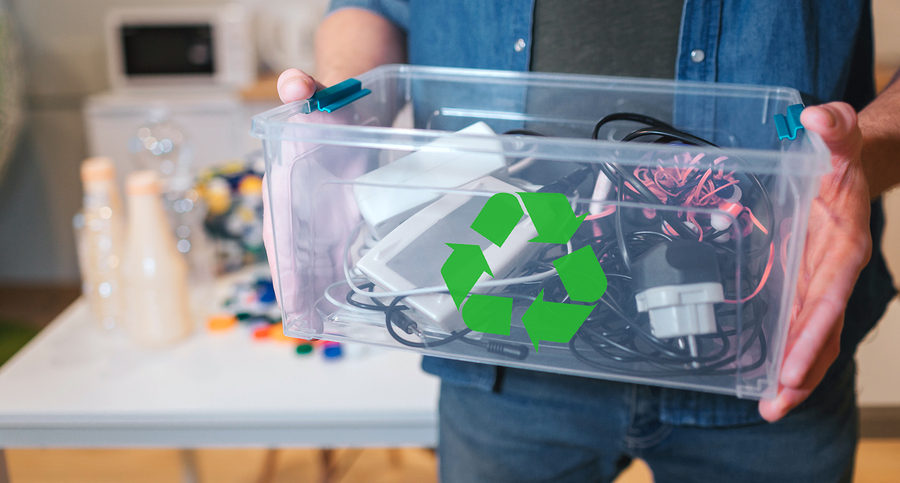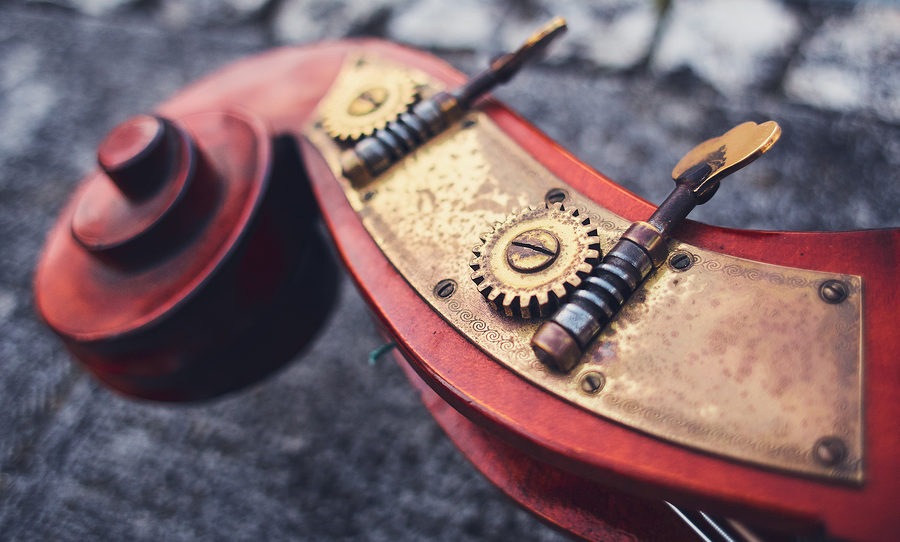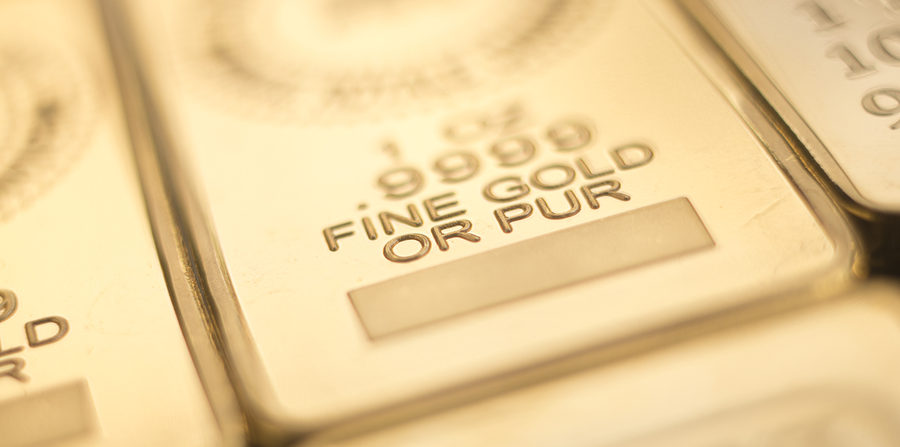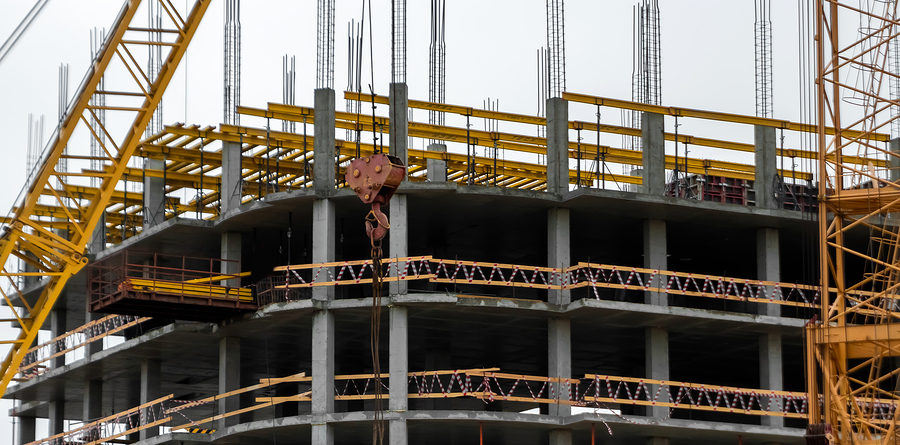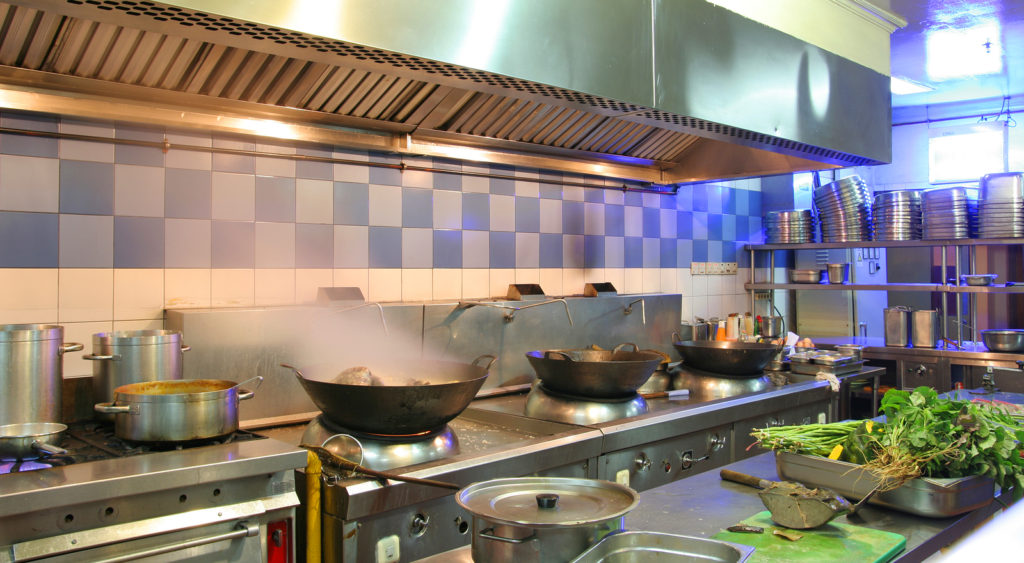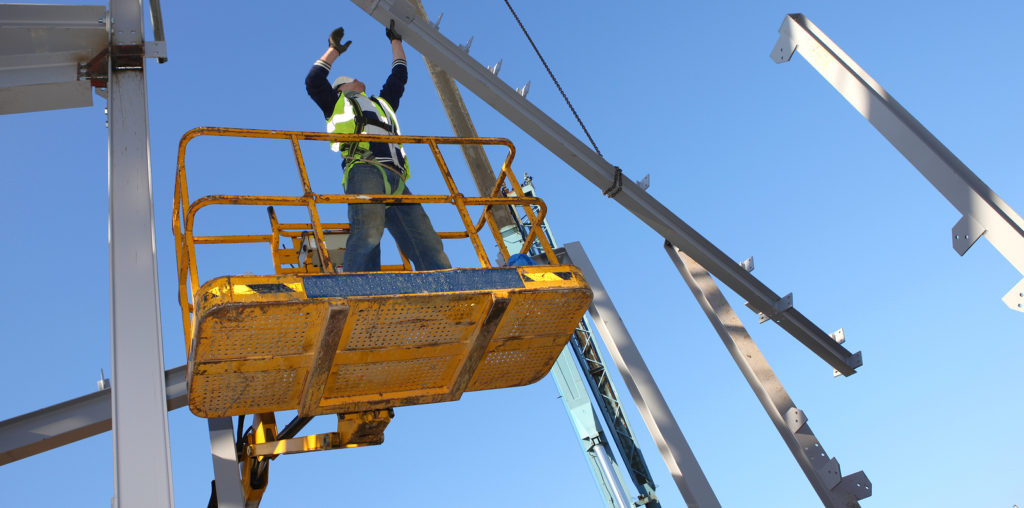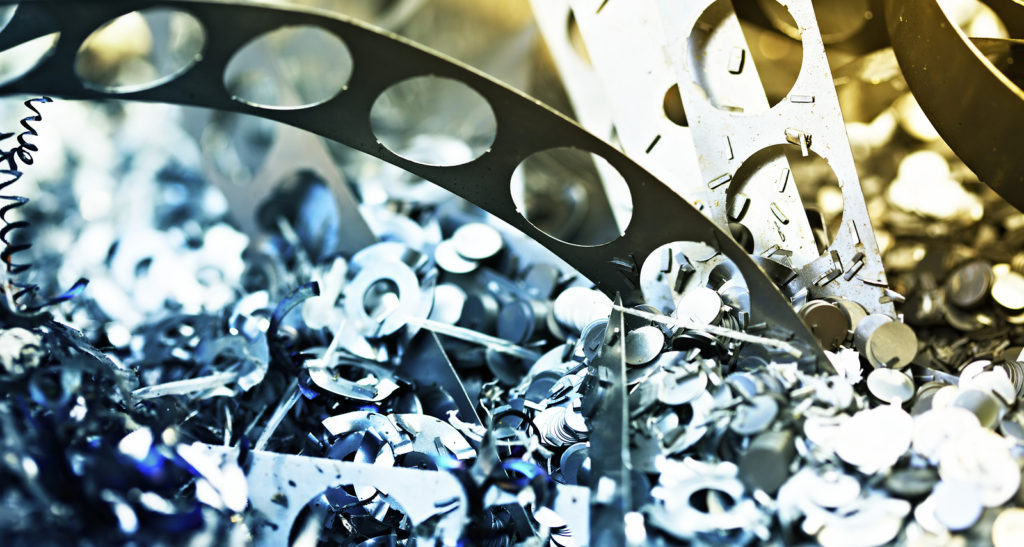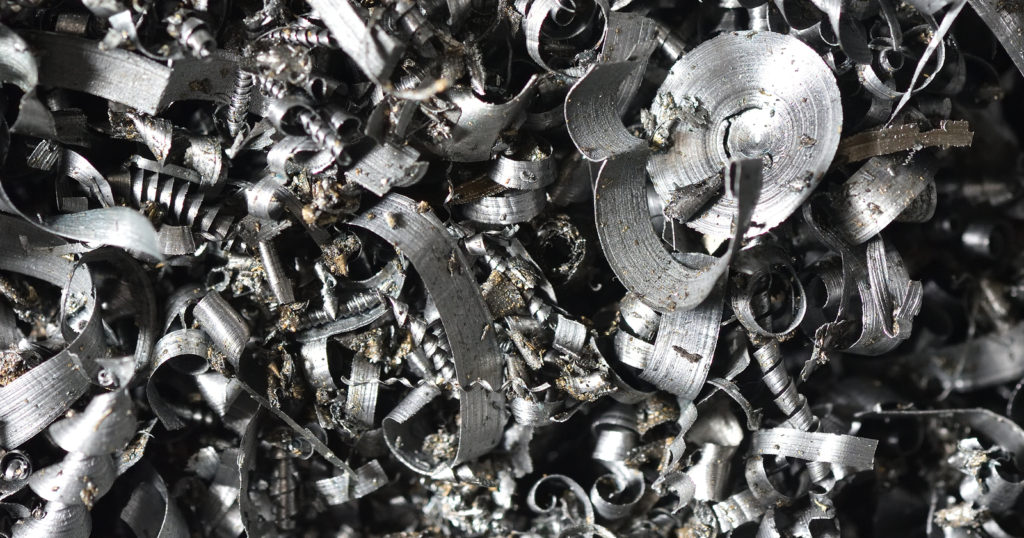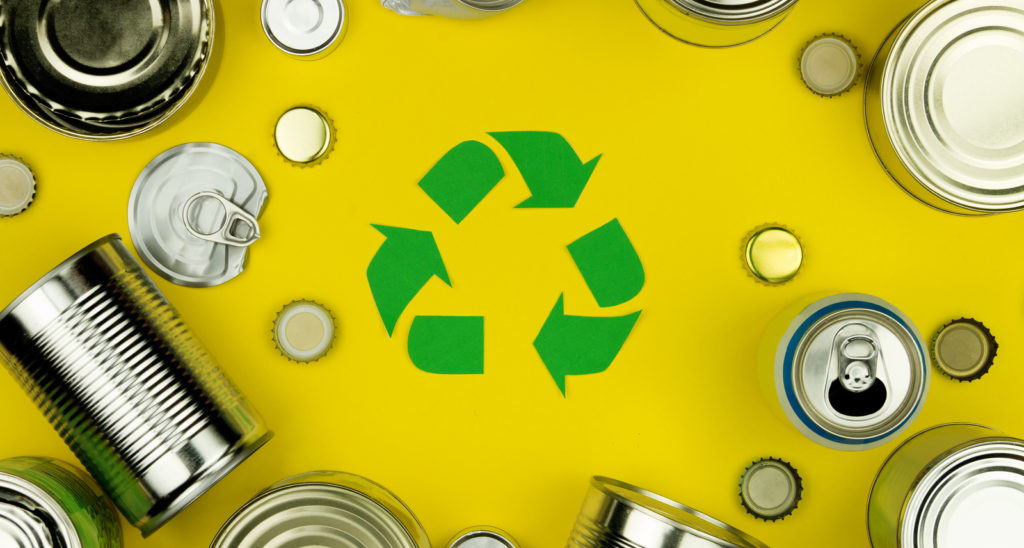When it comes to steel manufacturing, the North American economy has a lot to be thankful for. Not only is steel a highly valuable and versatile element that delivers a wide range of qualities that can be applied to infinite industries and initiatives, it is 100% recyclable. In fact, many new steel products are likely to contain anywhere from 25% to 100% of recycled material. If you wish to help support our economy’s steel sustainability efforts, metal recycling is the easiest and quickest way to start contributing.
Continue reading to learn some important facts about steel and steel manufacturing, including how metal recycling can help the environment, your local community, and even your bank account.
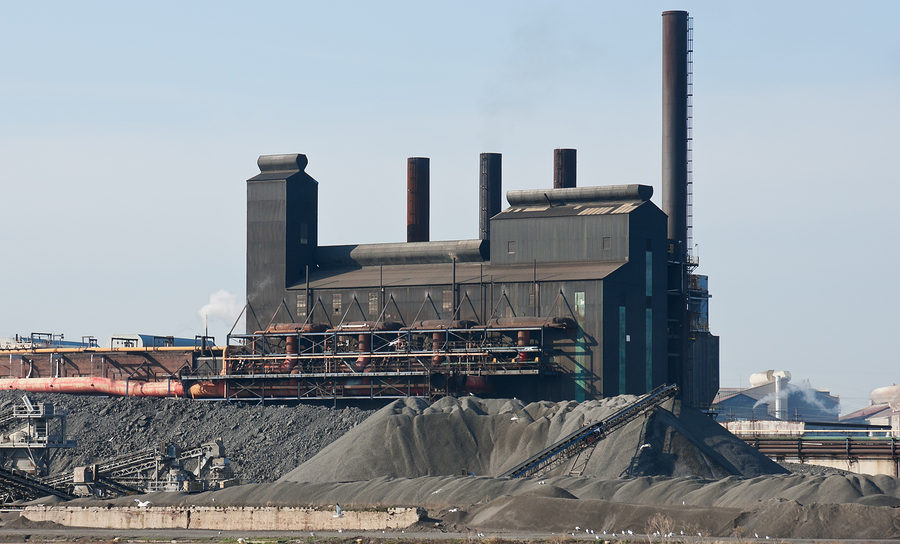
Facts About Steel
Steel is an alloy of iron and carbon, but sometimes contains other alloys, such as manganese or nickel, depending on the grade of steel it is. Accordingly, it’s properties will vary depending on the particular elements it contains. Mostly, iron is the base metal of all steel. However, when iron is melted down from ore, it retains more carbon than necessary. So, in order to become steel, the carbon must be reduced through reprocessing. Then other elements can be added to make it a certain type of steel.
Steel can be organized into four categories depending on certain physical, chemical, and environmental properties; all of which are determined by the amount of carbon and any additional alloys. These classifications of steel include carbon, alloy, stainless and tool. See our blog, “The Four Categories of Steel” to learn facts about each type of steel.
Steel is light in weight, yet retains high tensile strength. It is also magnetic, or ferrous. Because of its useful qualities, steel is mostly applied to manufacturing or construction of buildings, infrastructure, tools, ships, trains, automobiles, machines, appliances, and weapons. When calculated through its entire life cycle, steel delivers a superior level of performance with the least amount of impact on our environment. It is lower in cost, and can be repurposed and reused, infinitely.
How to Recycle Steel
You can support our economy’s steel sustainability by recycling metal as often as you can. Not only is this great for the environment since it reduces the need to mine for new ores, it stimulates our economy by proving jobs. Additionally, metal recycling can put cash straight into your wallet. You see, many Indianapolis metal recycling centers pay cash on the spot for scrap metal. Anything made of steel or iron will get you a decent profit. See our blog, “Profitable Steel Recycling” to learn which steel commodities you can recycle and their estimated value.
So, how do you find a trusted metal recycling center that will pay you the most for your scrap metal? Simply trust the same metal recycling leaders that all other Hoosiers have for decades: Zore’s Recycling!
Indianapolis Steel Recycling Services
Call Zore’s Recycling at 317-244-0700 to get started with profitable metal recycling services in Indianapolis, Indiana. Not only has Zore’s Inc. been a family owned and operated company for over 75 years, we pay cash on the spot for your metal commodities. We accept cans, sheet metal, appliances, vehicles, auto parts, equipment, and more! Request a free estimate, today.


